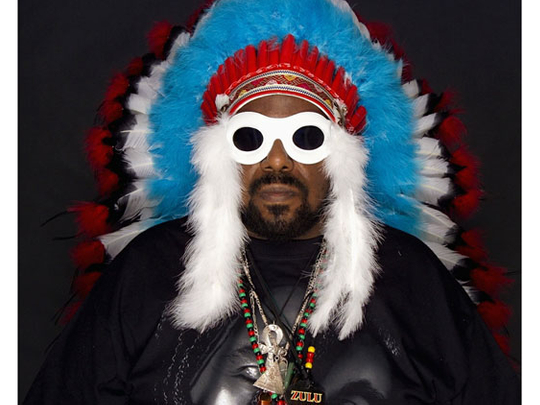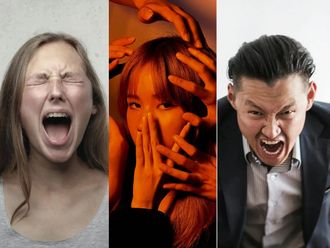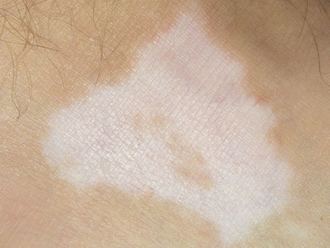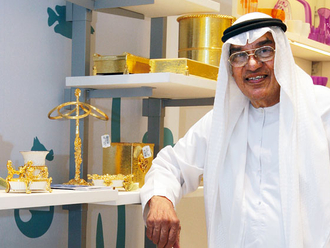
It's taken years to tie him down but the time has come to dust off those dancing shoes and prepare for the arrival of a club legend.
The world of dance music would not be what it is today without America's Afrika Bambaataa. And they don't call him the godfather of hip-hop or the father of electro funk for nothing.
But the man himself seems incapable of taking credit for any of the things he's achieved: "It's a journey and I've just been travelling," he says.
"I'm just happy my music makes people happy. I'll do anything to make people smile and make this world a better place to be."
Bambaataa, or Bam as he's affectionately known by his friends, is one of the three main originators of break-beat DJing — a technique which uses drum machines.
Speaking ahead of his debut performance in Dubai tonight at Madinat Jumeirah's Rooftop, it turns out Bam's first love isn't even the music he creates.
In 1974 he formed a group called Zulu Nation, inspired by his wide studies on African history at the time. He had seen the movie ZULU and was impressed with the solidarity exhibited by the Zulu people. This in turn inspired a name change to Afrika Bambaataa Aasim, adopting the name of the Zulu chief Bhambatha, who led an armed rebellion against unfair economic practices in early 20th century South Africa.
Passion
While music may be his love, fighting for a world of peace is his passion, he says. "I use music and the artists I come into contact with to make music which can make a difference. Artists can speak to people. Concerts can raise money and help people."
A young Bambaataa continued DJing, bringing together other DJs, rappers, break dancers, graffiti writers, and artists as members of his Zulu Nation.
In 1990 Bam made it into LIFE magazine's Most Important Americans of the 20th Century issue. He was also involved in the anti-apartheid work Hip-Hop Artists Against Apartheid for Warlock Records.
"I have picked up awards and worked with people from Sting to UB40, but the highest points in my career are things which touch me and others," he says. "Breaking down barriers. I go out on the streets of New York and try and talk to the gangs of young people who are constantly at war. It doesn't always go well, but I want to try and let them know about peace and music. Anti-apartheid work is important along with looking after the world in which we live.
"Saving the planet should be our biggest aim," he says, his voice growing louder. "It's a living entity which must be respected and if it's not then she will send a wrath. We need to put love back into the atmosphere otherwise we will cause cancer and mother nature will fight back. She will win."
In October 1985 Bam and other music stars worked on the anti-apartheid album SUN CITY with Little Steven Van Zandt, Run DMC, and Lou Reed.
"In 1988 I hit a studio with Nona, UB40, Boy George, George Clinton, Bootsy Collins, and Yellowman to make an album called THE LIGHT. The albums were always recorded with peace in mind and I hope we touched people. That's what I want my music to do."
Bam continues to tour the globe as a DJ, keeping the true essence of the hip-hop culture alive and kicking with his philosophy of diversity through unity both musically and spiritually.
He says he looking forward to meeting his Dubai audience and hopes for a high-energy crowd. "The gig will be all about peace, unity, love and having fun," he says on a lighter note. "It will be full of energy and everyone will feel the love."
Don't miss it
Muzik presents Afrika Bambaataa plays at The Rooftop main room, Madinat Jumeirah tonight. Doors open at 9pm and tickets, priced Dh100 in advance and Dh150 at the door, are available at Platinumlist.com. Free for women and Facecard holders until 10pm.












